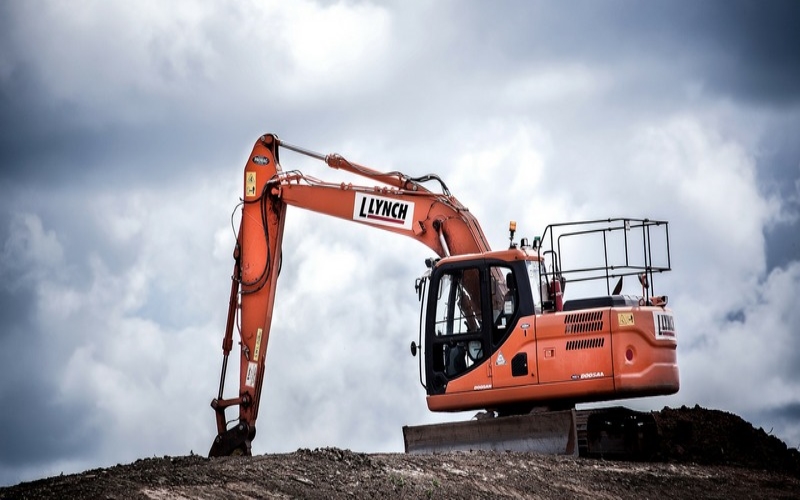Machinery auctions are events where industrial equipment, machinery, and tools are sold to the highest bidder. These auctions are a great way for businesses to acquire high-quality machinery at a fraction of the cost of purchasing new equipment. Machinery auctions are also a great way for businesses to sell their used equipment and generate revenue.
Attendees at machinery auctions include business owners, investors, and individuals looking for a good deal on industrial equipment. Machinery auctions offer a wide variety of equipment, including construction machinery, manufacturing equipment, and agricultural machinery. These auctions are typically held in large warehouses or outdoor venues, and attendees can inspect the equipment before bidding. Auctioneers often provide detailed information about the equipment being sold, including its condition, age, and any known issues.
Understanding Machinery Auctions
Machinery auctions are a great way to purchase high-quality equipment at a reasonable price. These auctions are held regularly and attract buyers from all over the world. In this section, we will discuss the different types of machinery auctions, the benefits of buying at auction, and key auction terminology.
Types of Machinery Auctions
There are two main types of machinery auctions: online and live. Online auctions are becoming increasingly popular due to their convenience. Buyers can participate in the auction from anywhere in the world, as long as they have an internet connection. Live auctions, on the other hand, require buyers to be physically present at the auction site.
Benefits of Buying at Auction
Buying machinery at auction has several benefits. Firstly, auctions offer a wide range of equipment to choose from, and buyers can often find rare or hard-to-find items. Secondly, auctions provide an opportunity to purchase equipment at a lower price than buying new. Finally, auctions are a great way to network with other industry professionals and stay up-to-date on the latest trends.
Key Auction Terminology
To participate in a machinery auction, it is important to understand key auction terminology. Here are a few terms to know:
- Bid: The amount of money a buyer is willing to pay for an item.
- Reserve price: The minimum price that the seller is willing to accept for an item.
- Hammer price: The final price that an item is sold for at auction.
- Buyer’s premium: An additional fee charged by the auction house on top of the hammer price.
In conclusion, machinery auctions are an excellent way to purchase high-quality equipment at a reasonable price. By understanding the different types of auctions, the benefits of buying at auction, and key auction terminology, buyers can participate in auctions with confidence and make informed purchasing decisions.
Preparing for a Machinery Auction
When preparing for a machinery auction, there are several important factors to consider. It is essential to do thorough research and valuation of the equipment, inspect the machinery, and understand the registration and bidding process. Additionally, it is crucial to have a plan for payment and pickup logistics.
Research and Valuation
Before attending a machinery auction, it is important to research the equipment that will be available for bidding. This research can help buyers determine fair market value and decide which items to bid on. It is also essential to consider the condition of the equipment and any potential repair costs.
Inspection Guidelines
Inspecting the machinery before the auction is crucial to ensure that buyers are bidding on equipment that is in good condition. Buyers should inspect the equipment thoroughly, looking for signs of wear and tear, damage, and any potential safety hazards. It is also important to check the machine’s maintenance records and service history.
Registration and Bidding Process
To participate in a machinery auction, buyers must register beforehand. Registration typically involves providing personal information and a deposit. Once registered, buyers can bid on the equipment they are interested in purchasing. It is important to understand the bidding process, including how bids are accepted and how to increase a bid.
Payment and Pickup Logistics
After successfully bidding on equipment, buyers must arrange for payment and pickup logistics. Payment is typically due immediately after the auction, and buyers must arrange for transportation of the equipment. It is important to have a plan in place for payment and pickup logistics before attending the auction to ensure a smooth and successful transaction.
Overall, preparing for a machinery auction requires thorough research, inspection, and understanding of the registration and bidding process. By following these guidelines and having a plan in place for payment and pickup logistics, buyers can successfully purchase the equipment they need.

